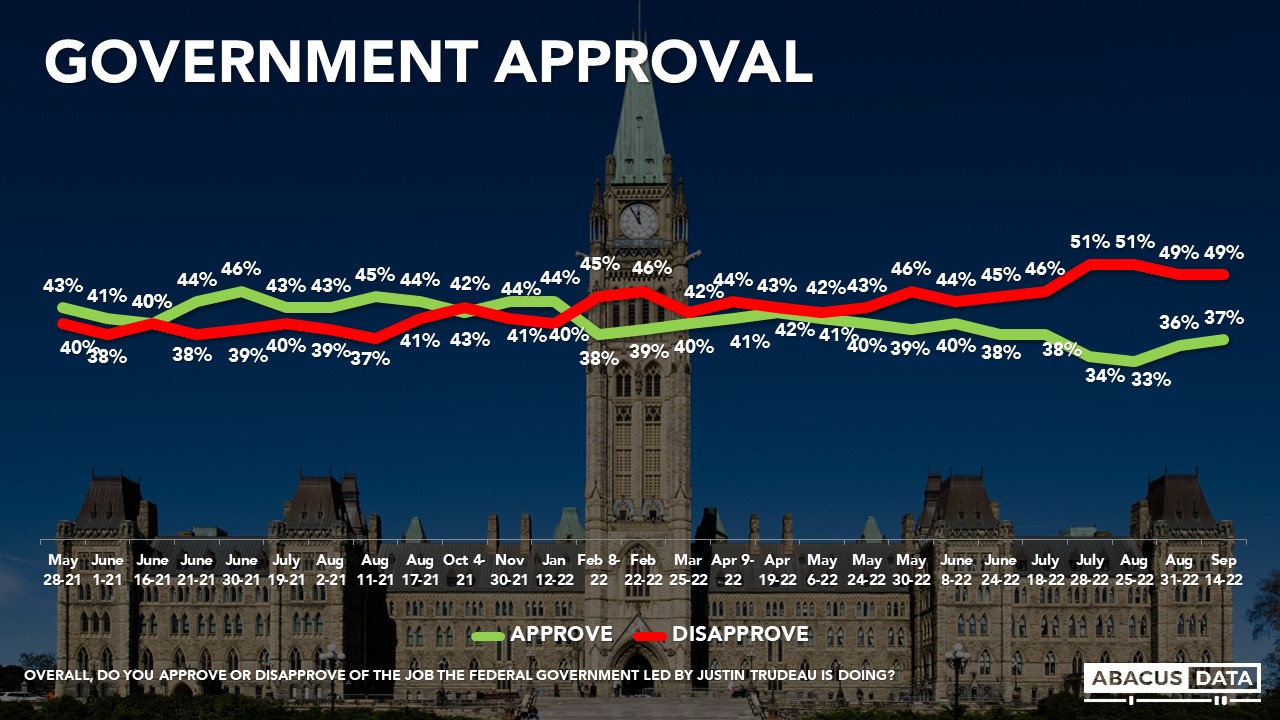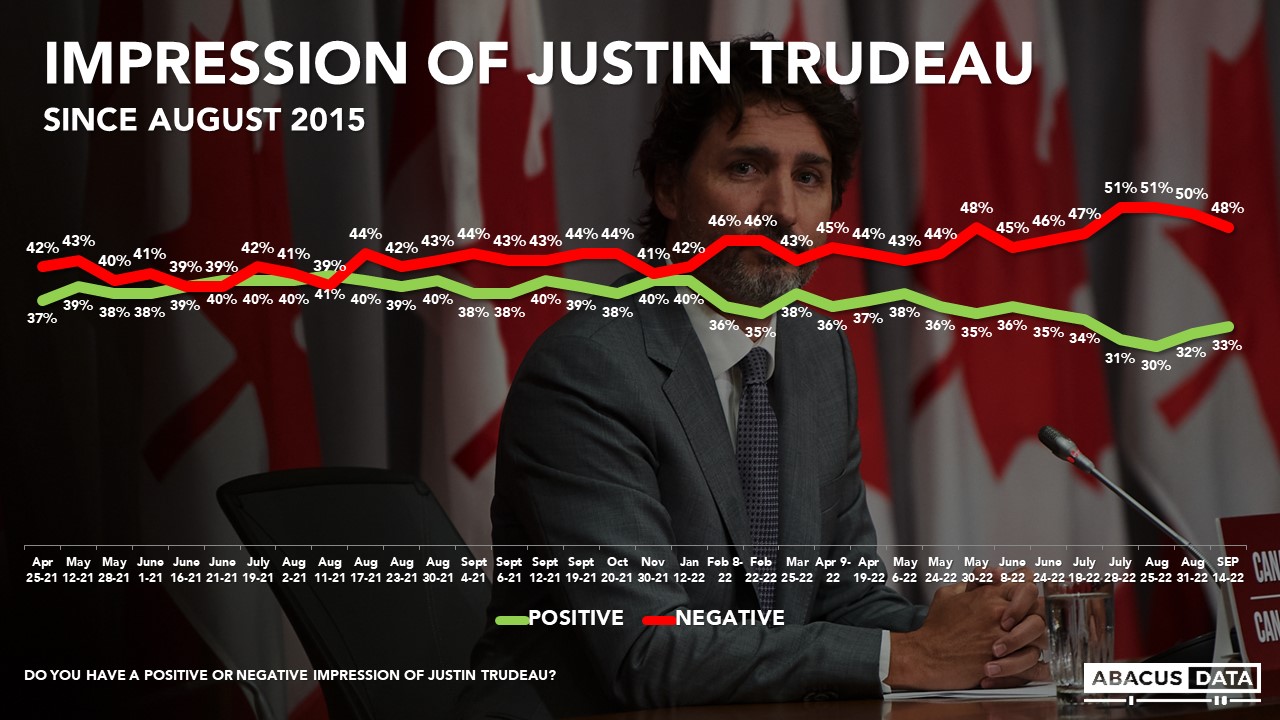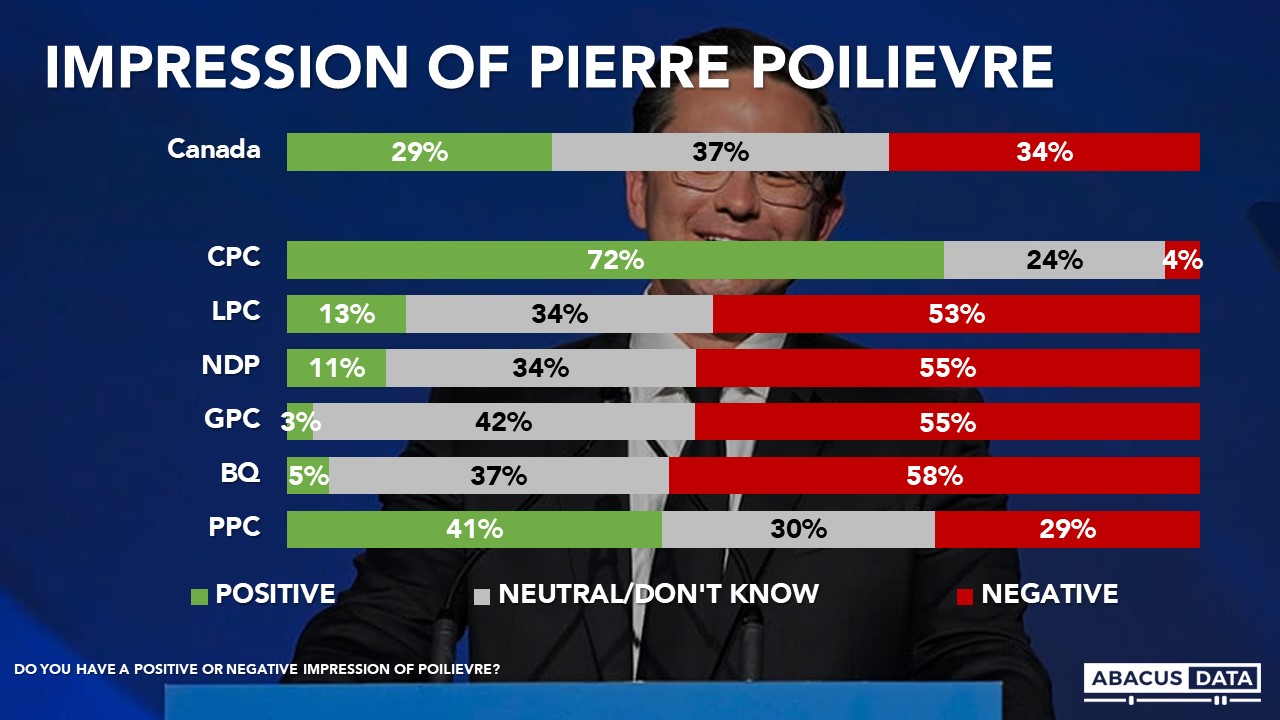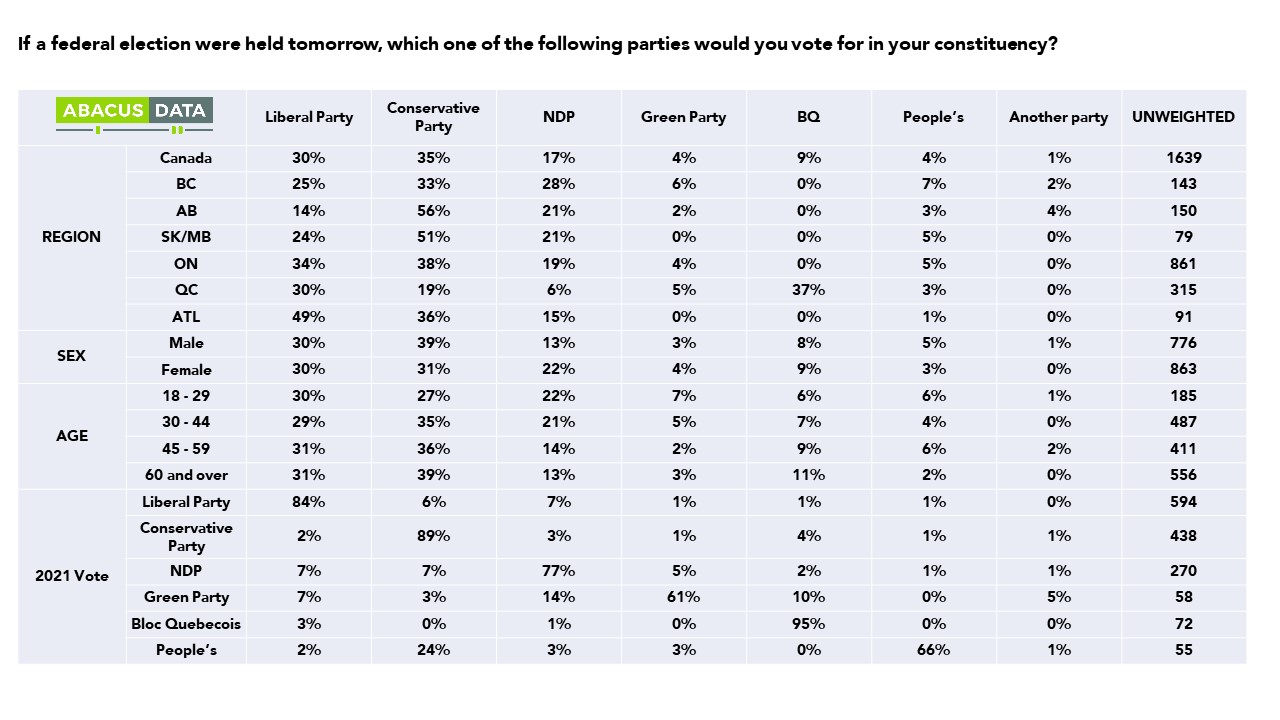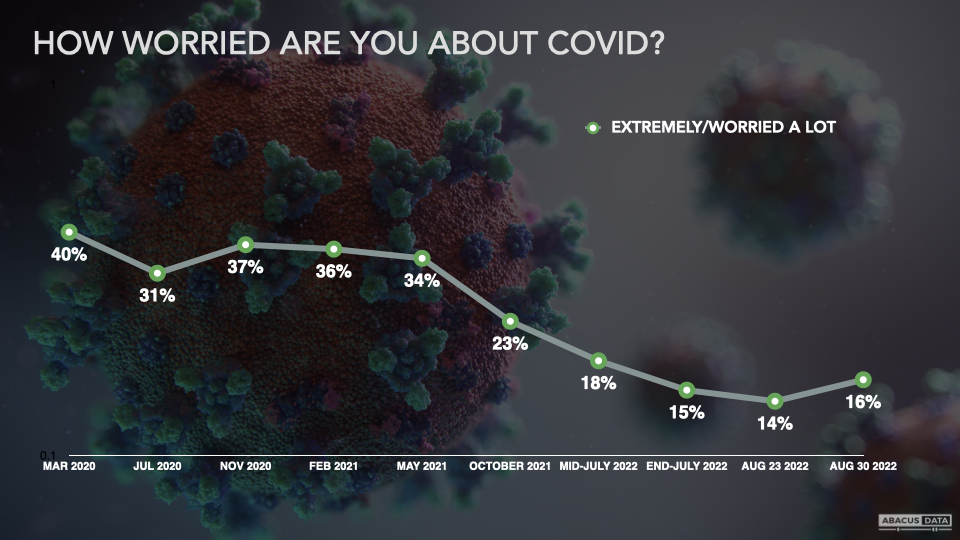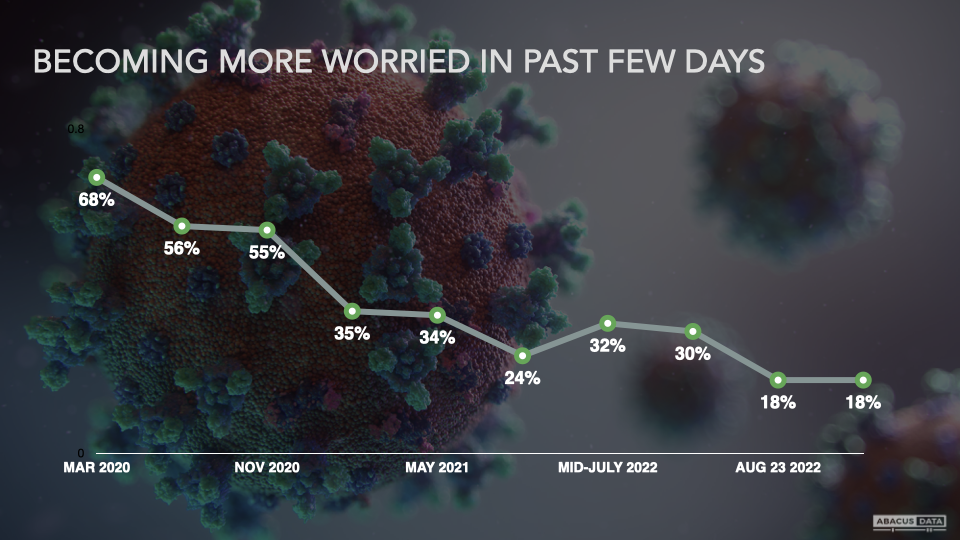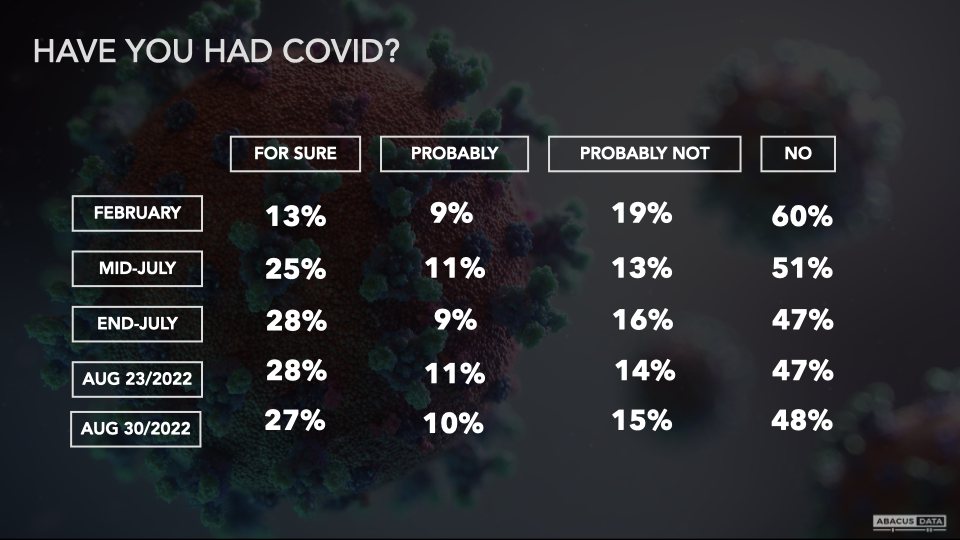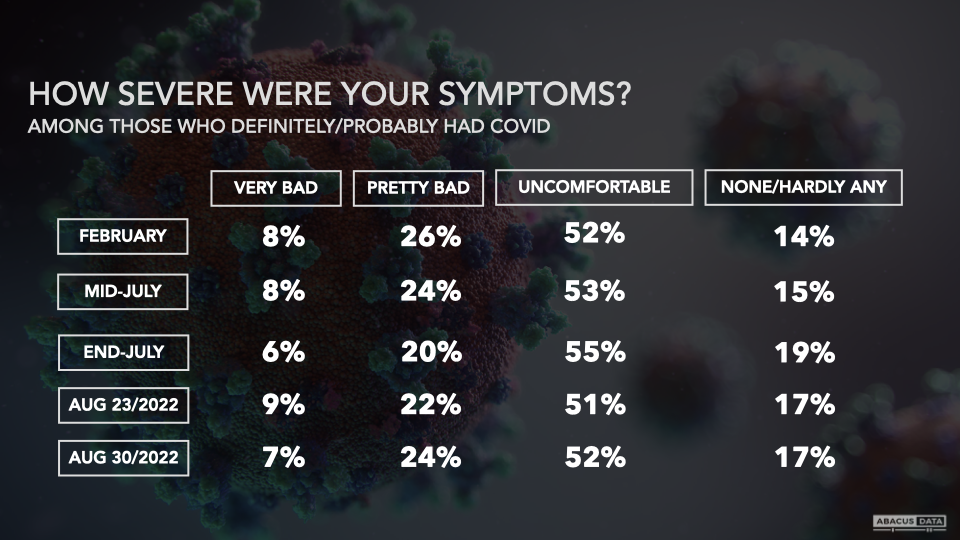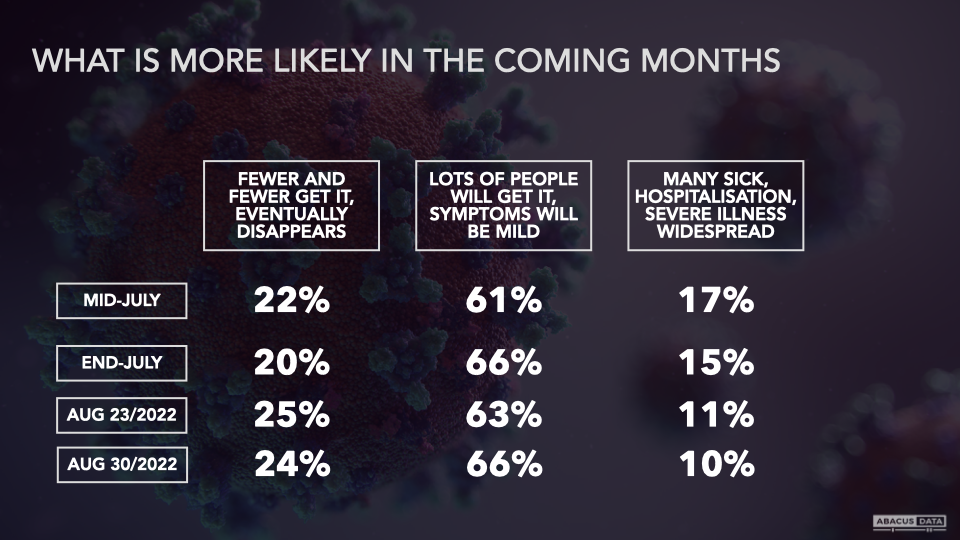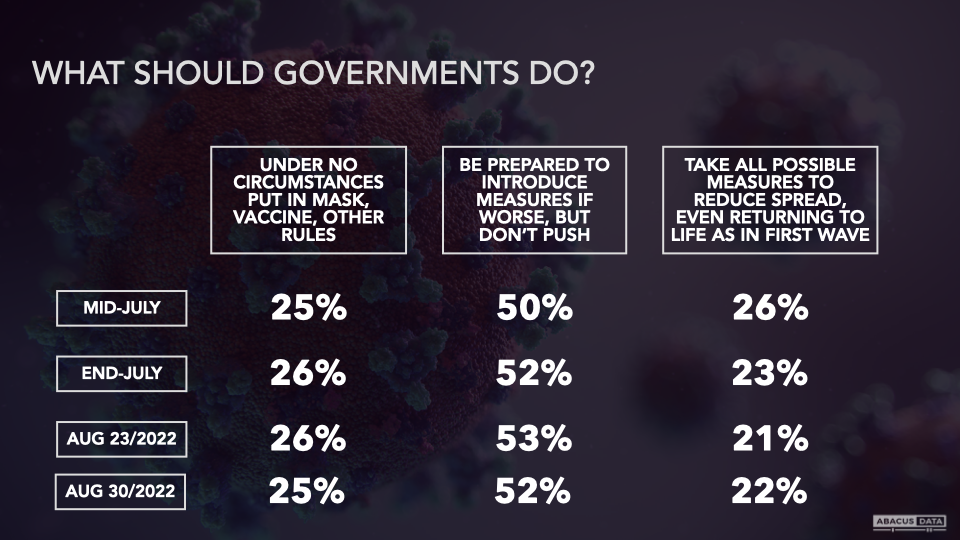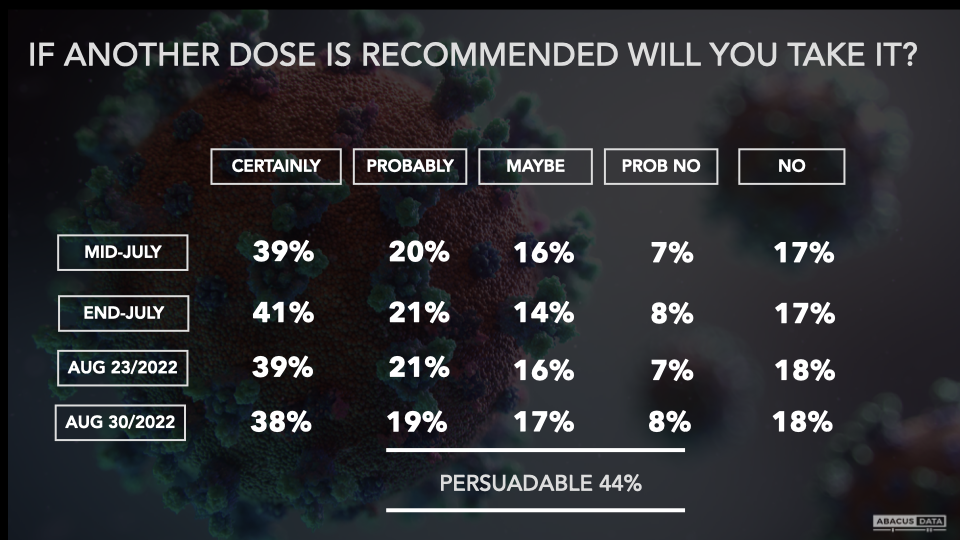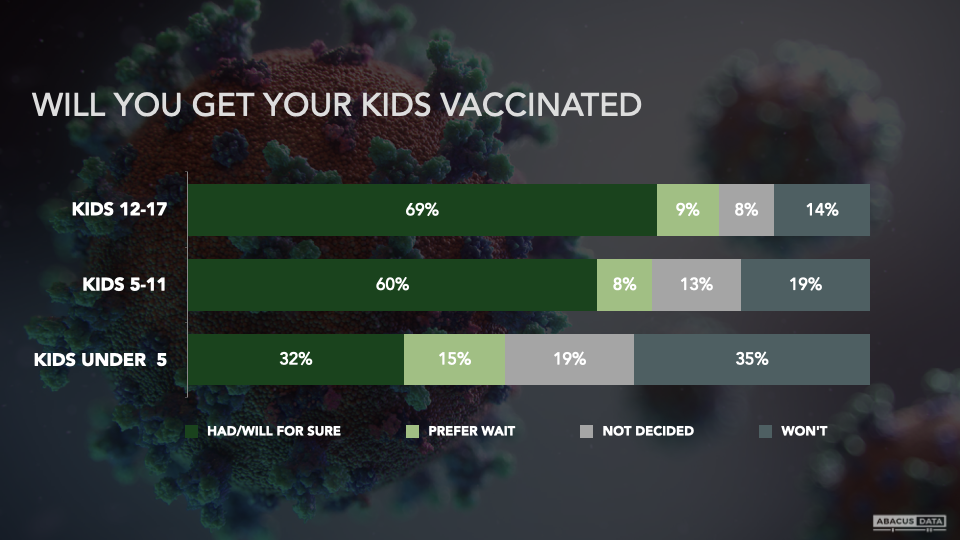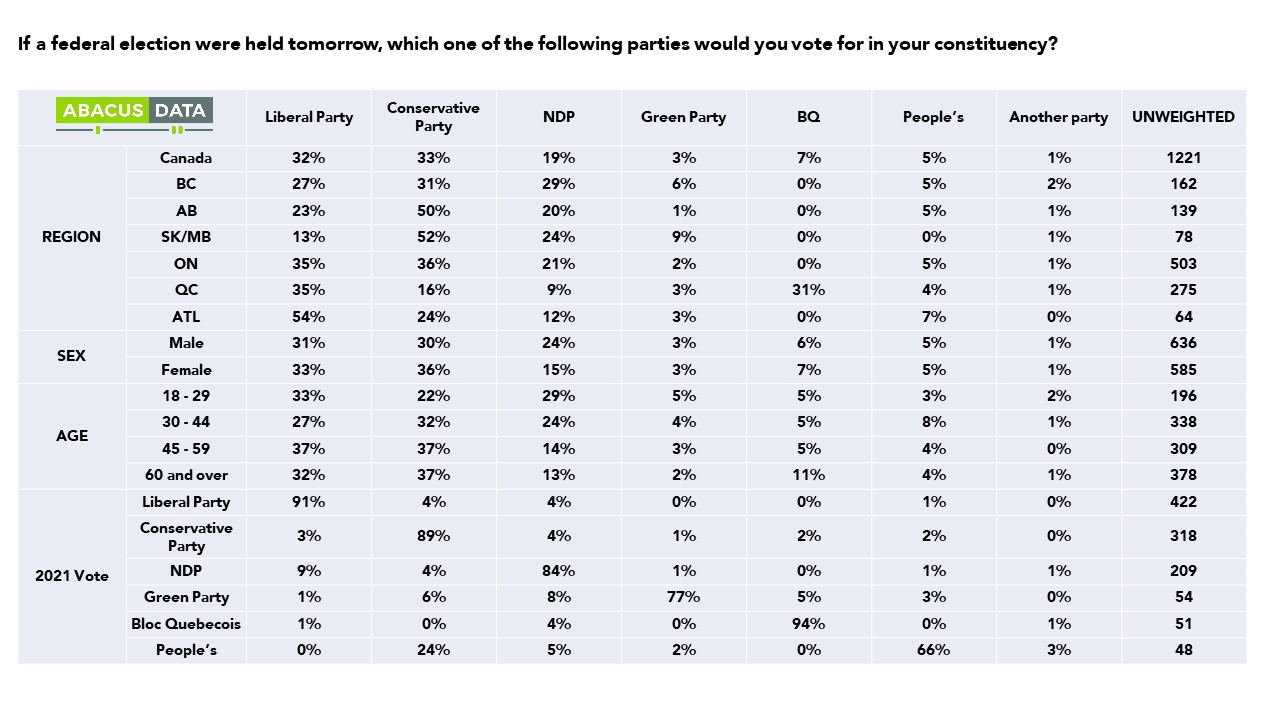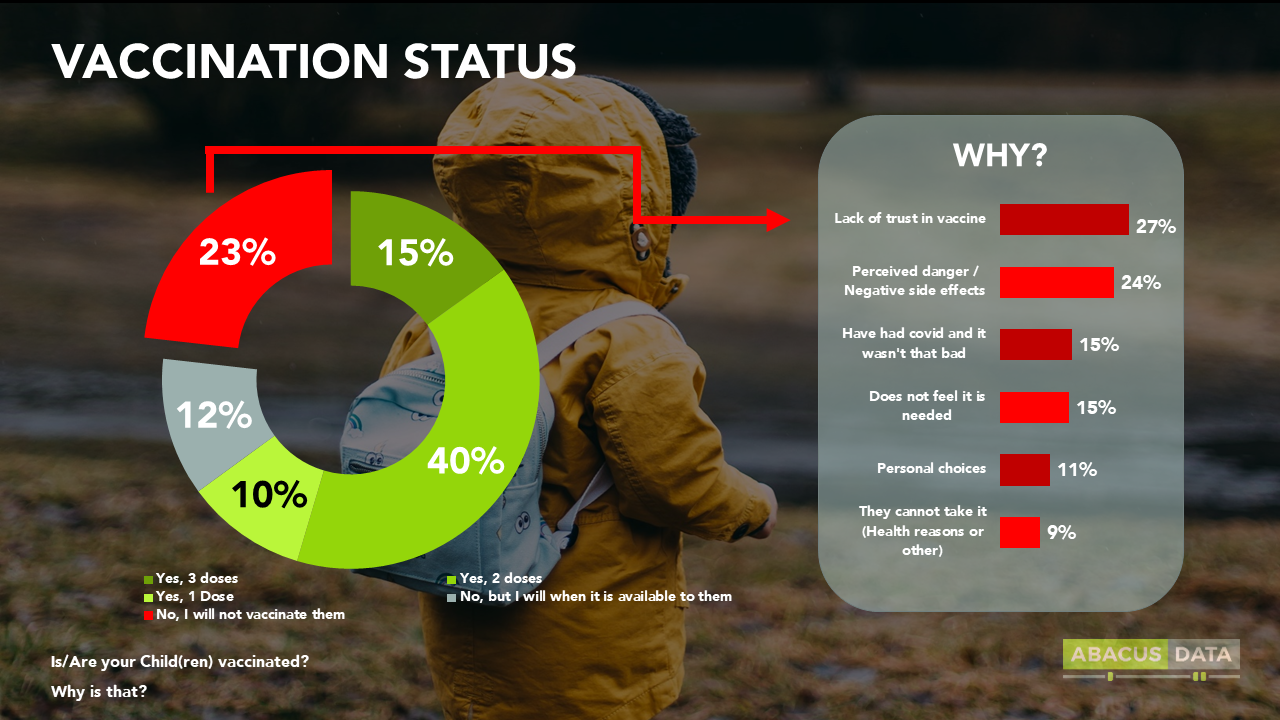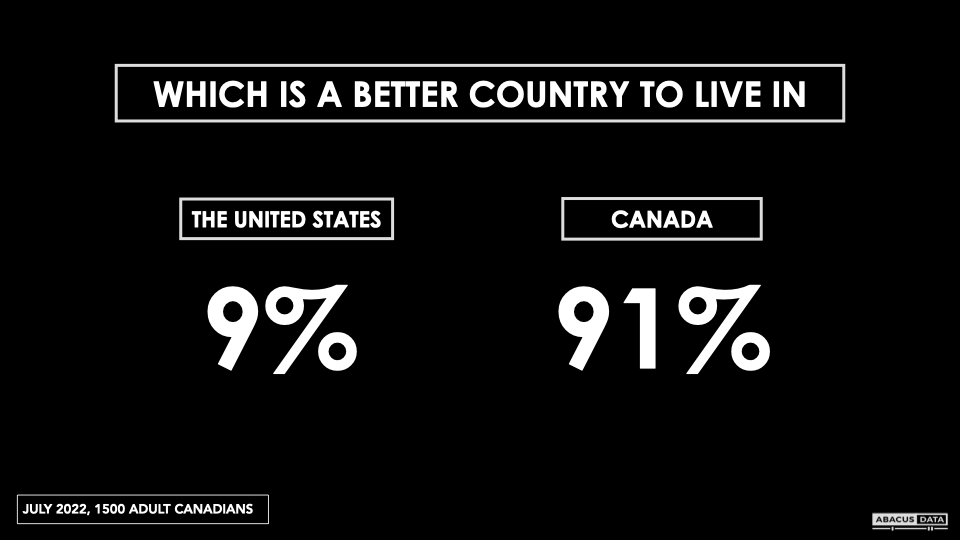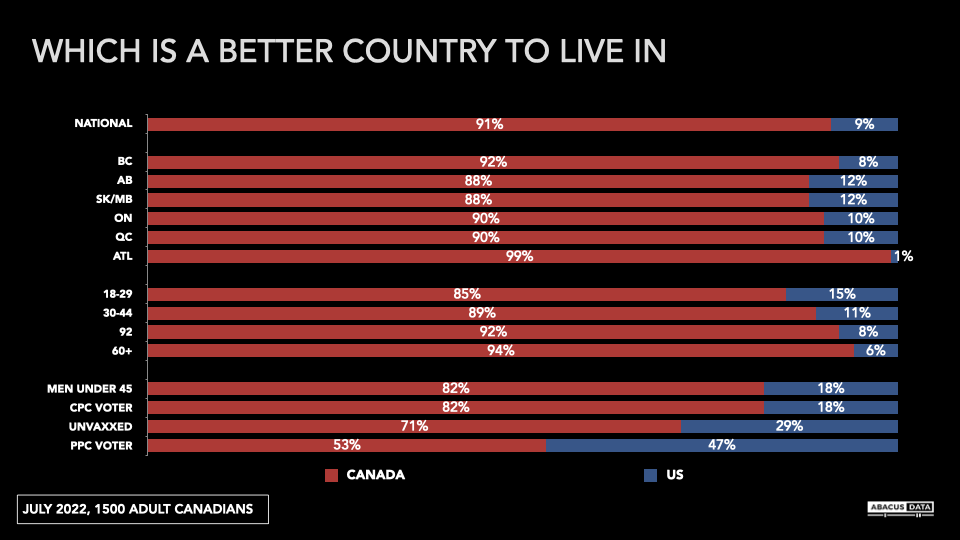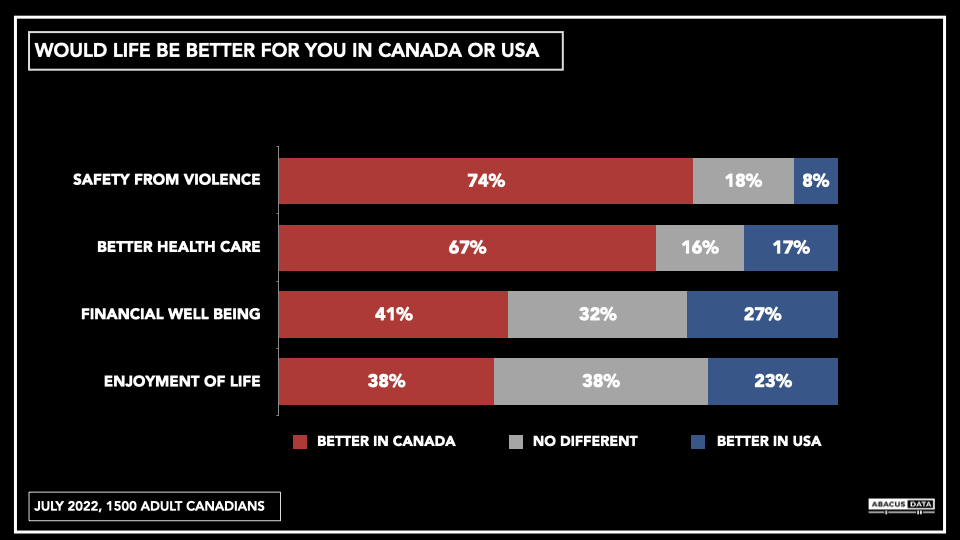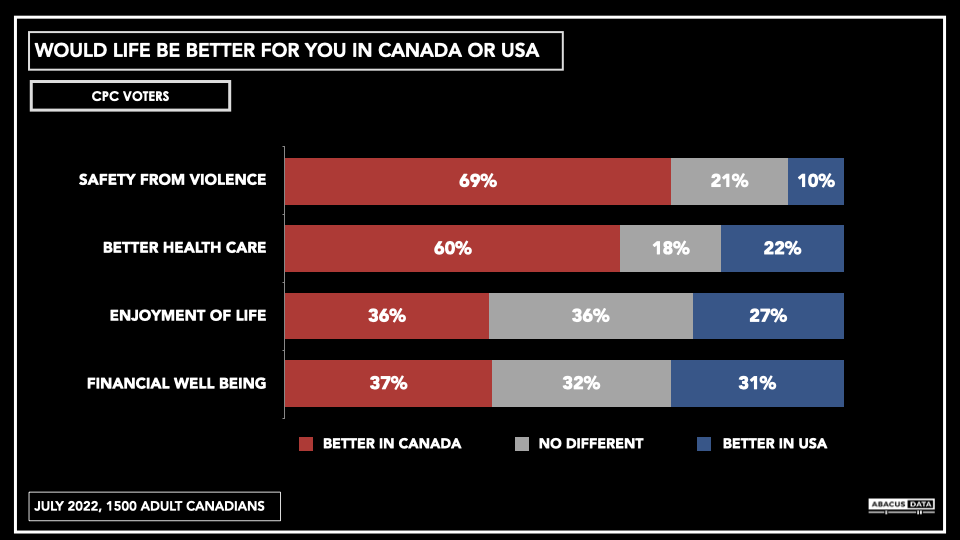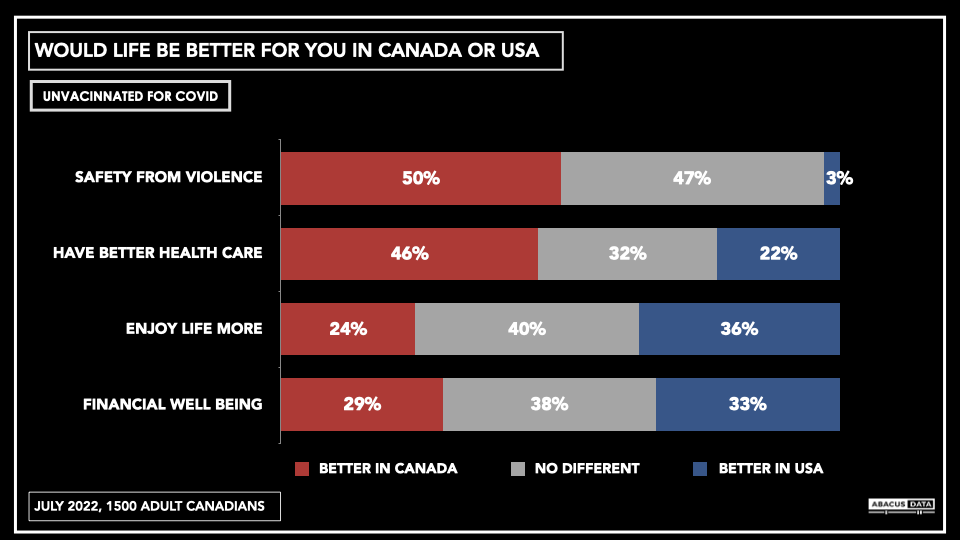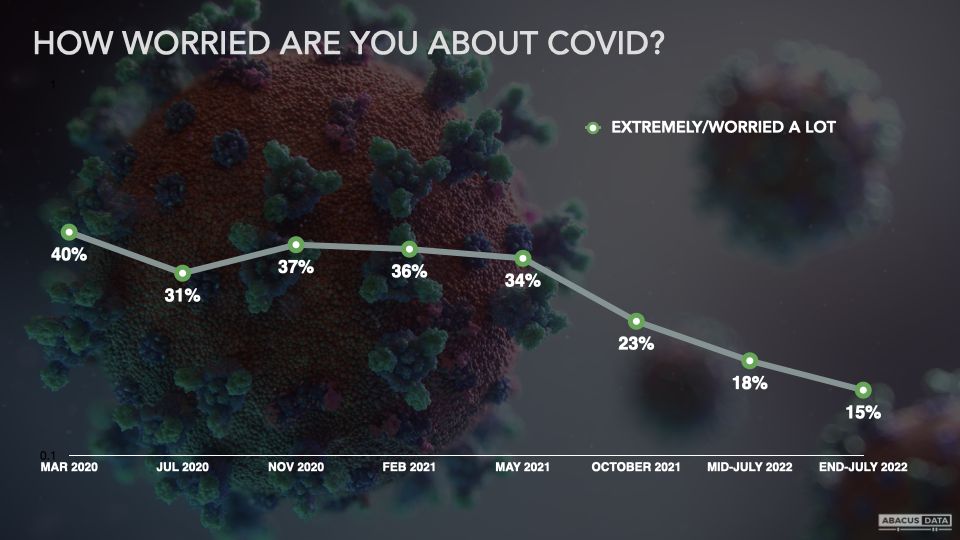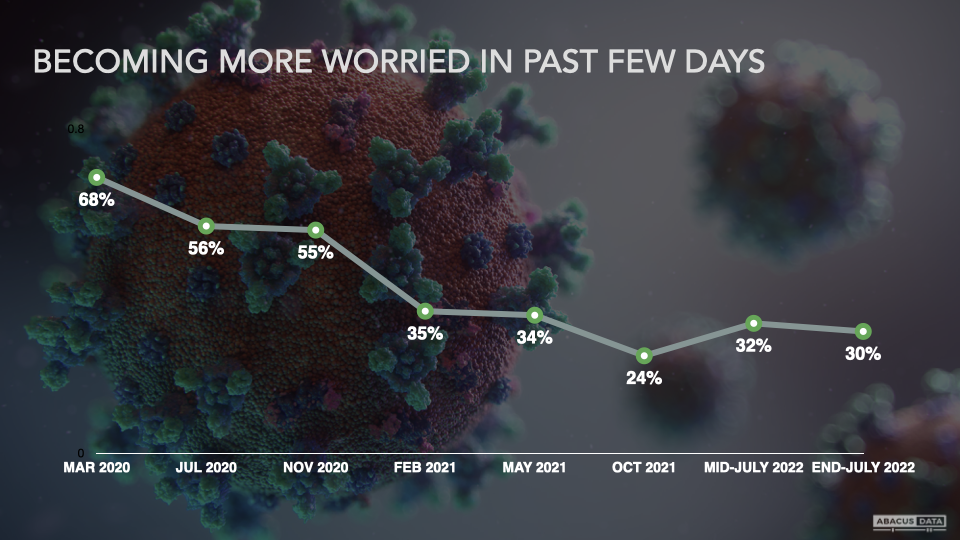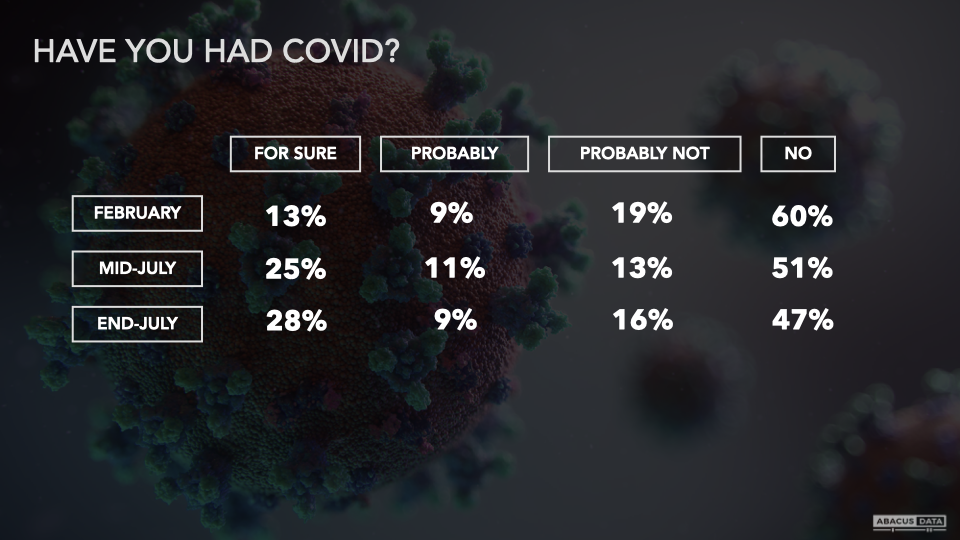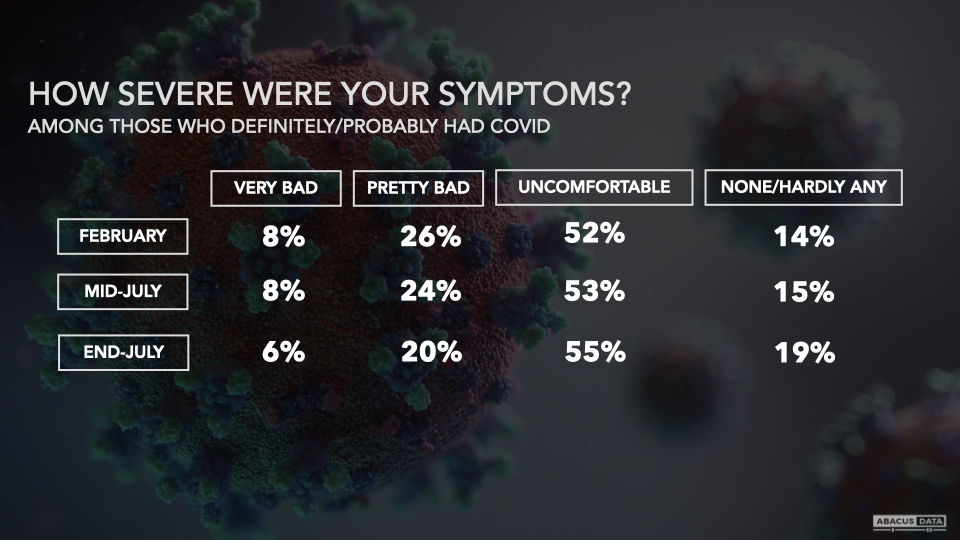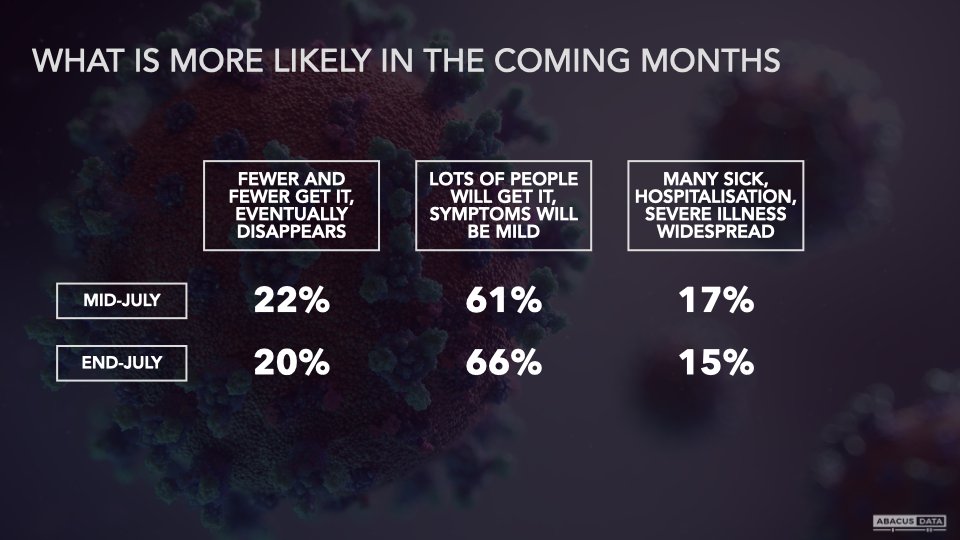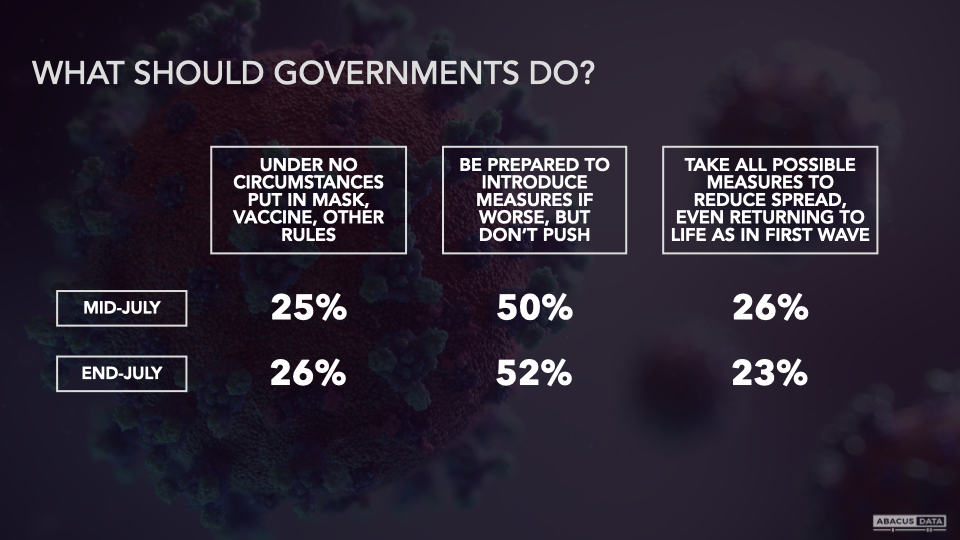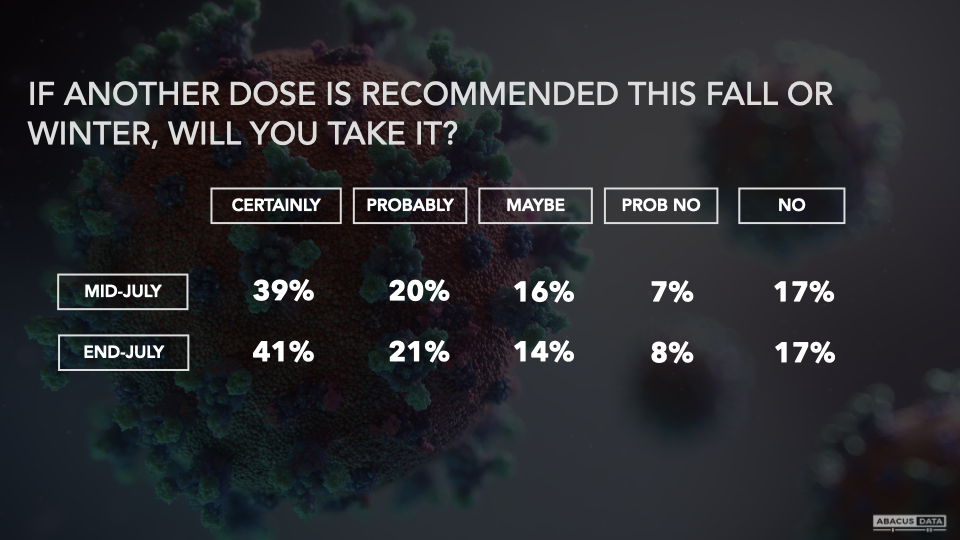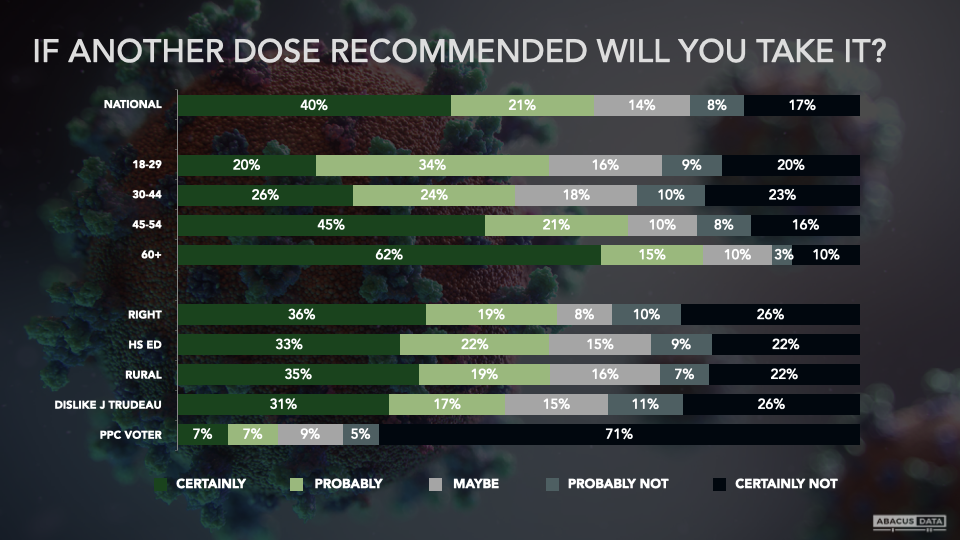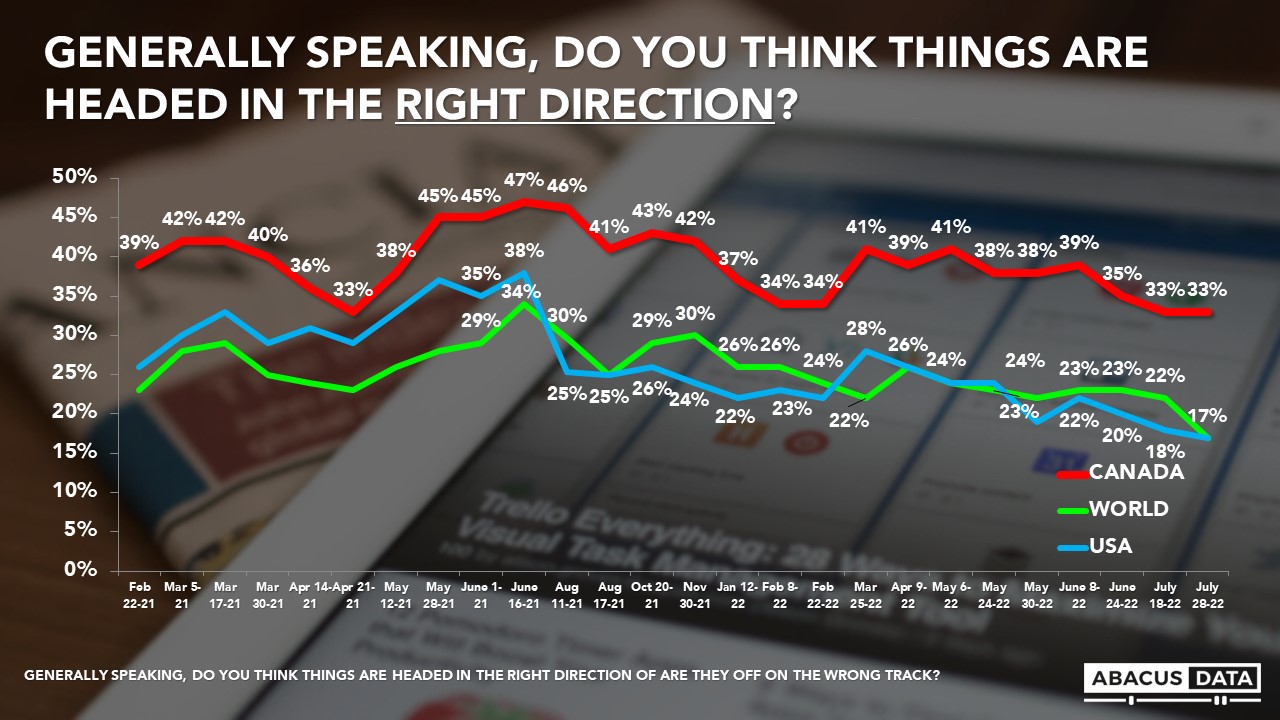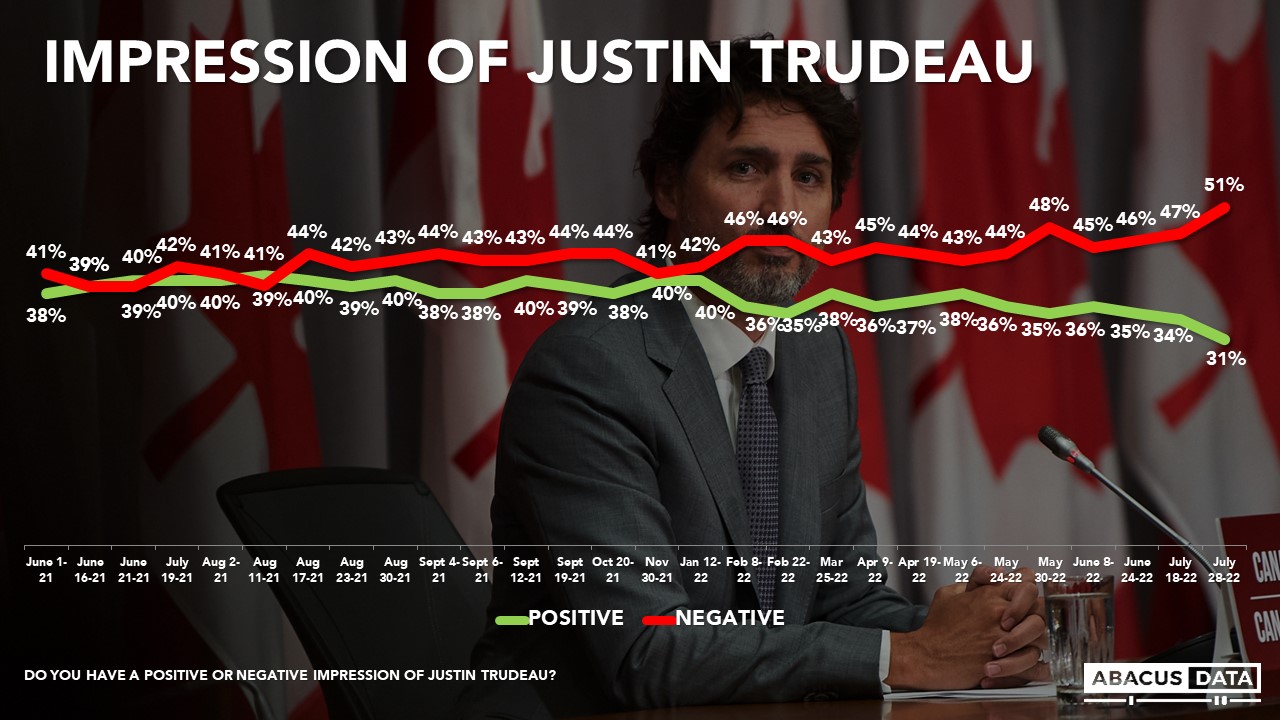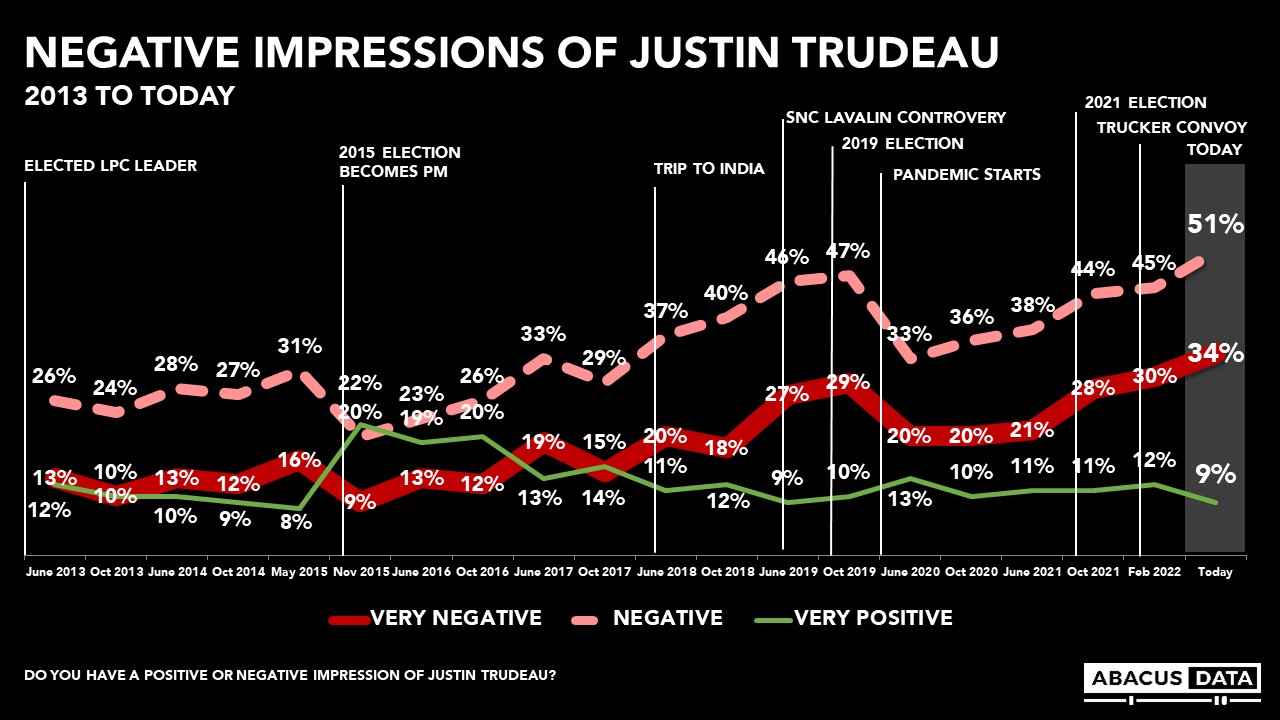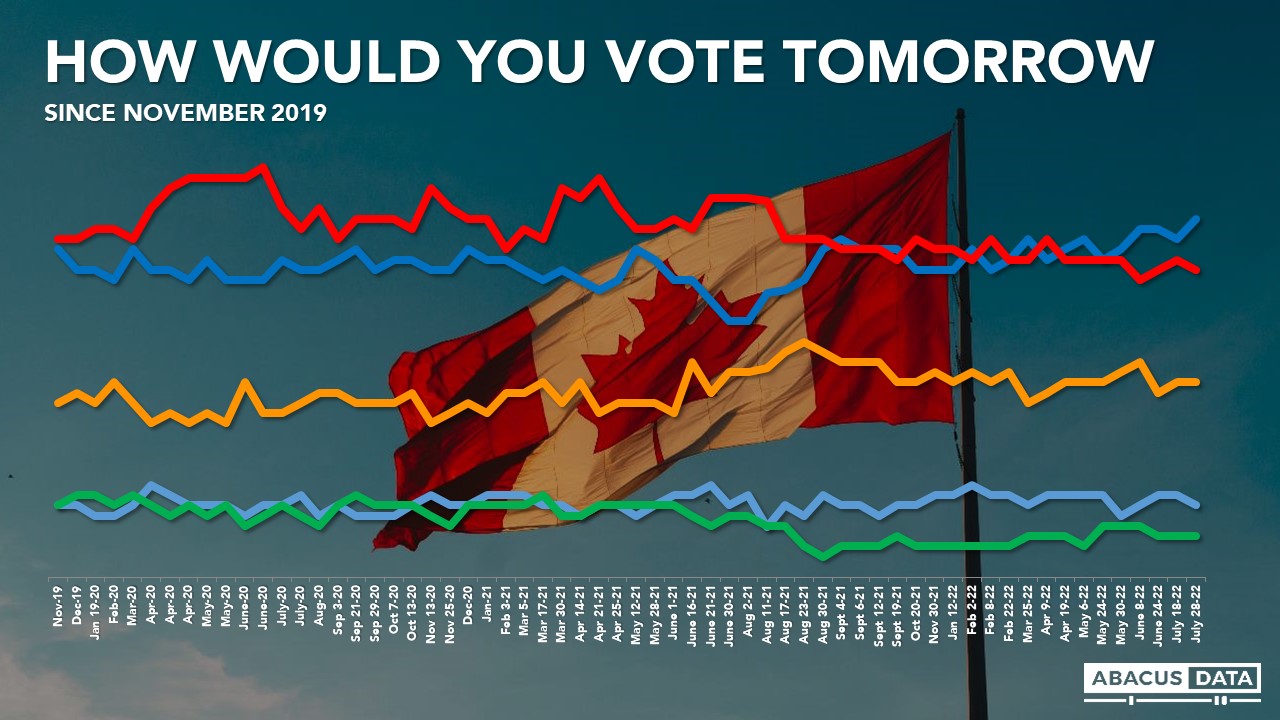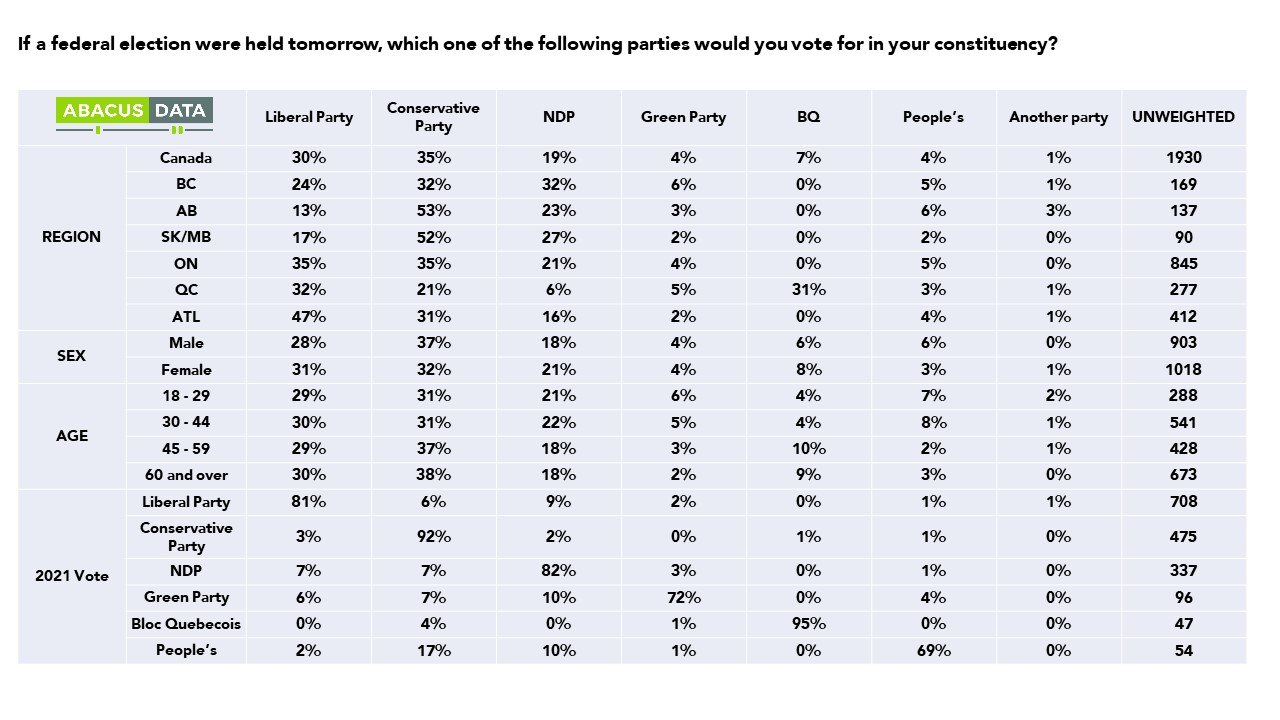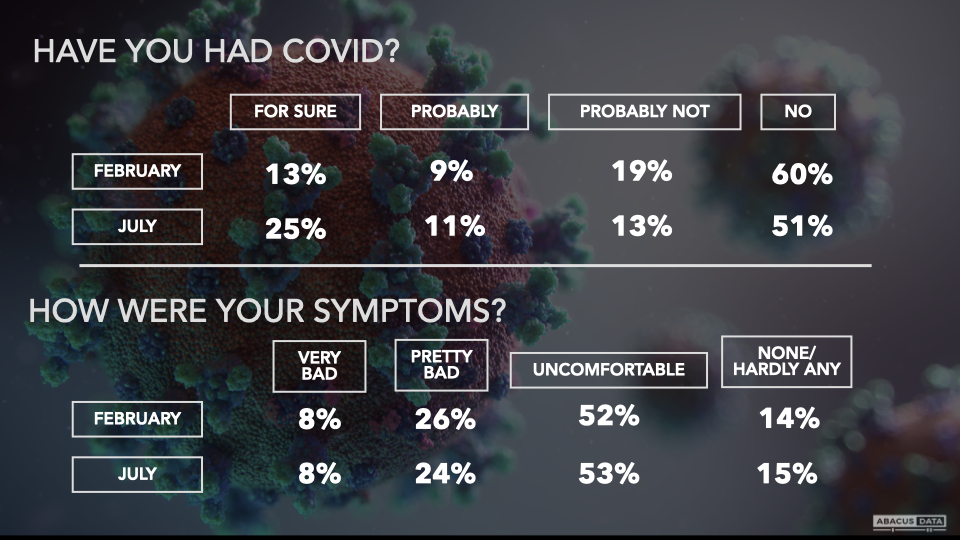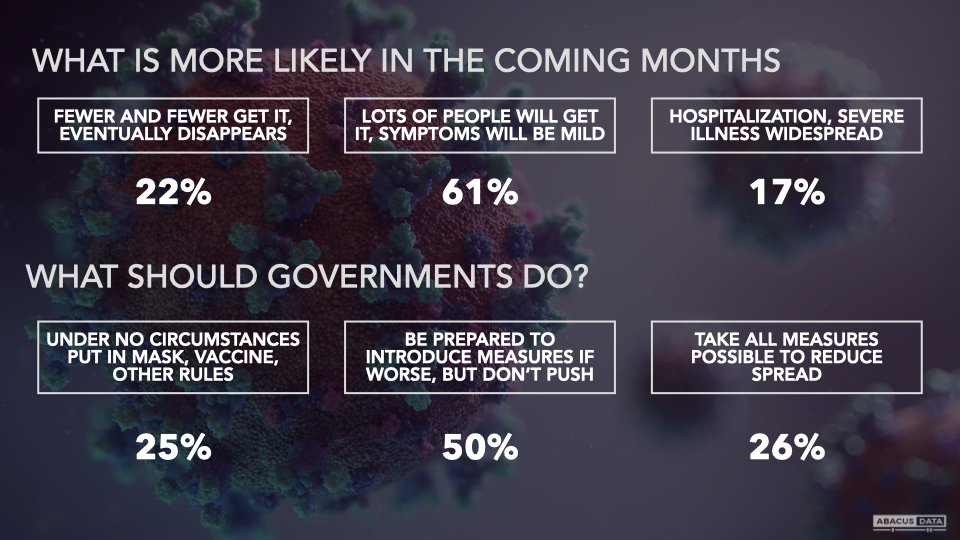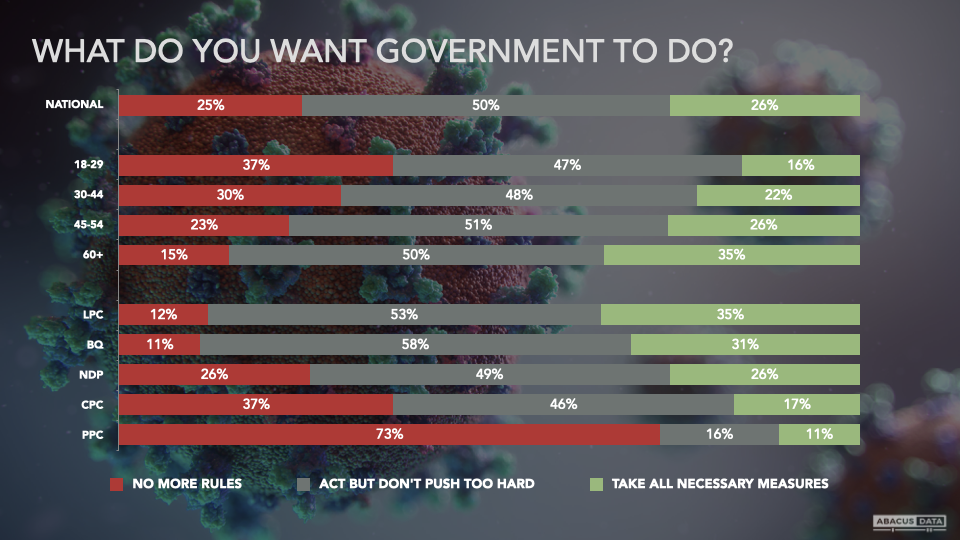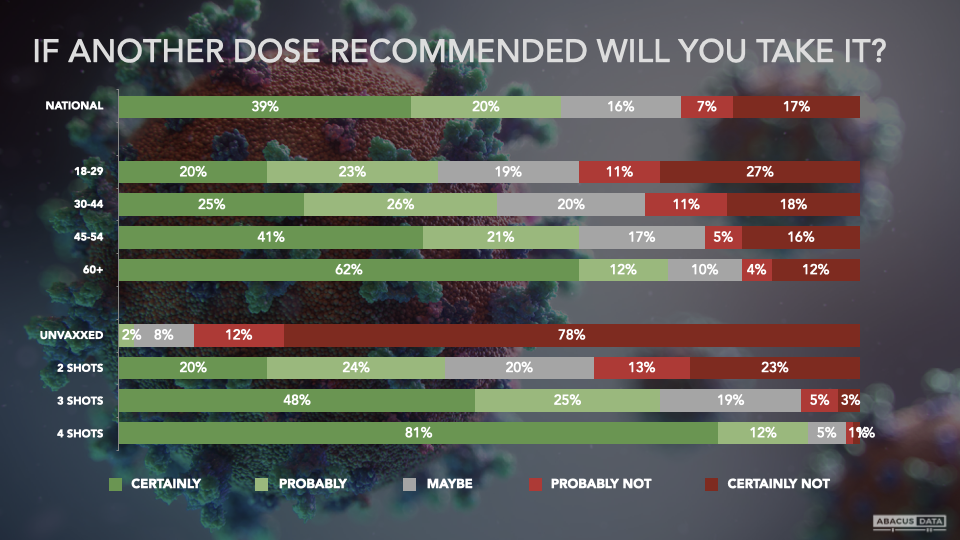Quebec is Moving Away from the Rest of the Country but Most Don’t Believe it is a Path to Separation
On October 3, Québec will select a new provincial government. This makes it an ideal time to ask Canadians about the election but also Quebec’s role in the federation. The survey conducted with Boudeweel Public Affairs shows some interesting dynamics including the belief that Quebec is moving away from the rest of Canada.
The Provincial Election
Although 38% of those living outside of Quebec don’t care about the outcome of the election, many are at least somewhat interested (39%). Interest is highest in Ontario (42%) and lowest in the Prairies (28%). The campaign has, however, captured the interest of those in Quebec.
While there is significant interest in the election, those outside of Quebec are very unsure about what the re-election of the Coalition avenir Québec (CAQ) led by François Legault would mean. Setting aside those who don’t know, views of the impact are almost equally balanced between positive assessments and negative ones.
In Quebec, the re-election of the CAQ is largely seen as a good thing for Quebec, the rest of Canada and for national unity. There are, of course, many detractors in Quebec and a significant group who are not sure what the election will mean for the rest of Canada or national unity.
Quebec and Canada
Almost half of Canadians (47%) and 60% of those who have an opinion on the matter think Quebec is moving further away from the rest of Canada. Notably, this is a view that is shared both within and outside of Quebec. People in Quebec feel it as well. Relatively few think Quebec is getting closer.
Outside of Quebec, many more people think Quebec is headed off on the wrong track (30%) than the right direction (18%). Again, many are not sure. Importantly, those who think Quebec is moving off on the wrong track are much more likely to say that Quebec is moving farther away from the rest of Canada.
Canadians outside of Quebec have negative perceptions of the province on a few key issues. Most notably, those outside of Quebec think the province is doing a worse job than the rest of the country on language rights (41% said worse), religious rights and freedoms (37% said worse) and Integrating immigrants into the province (35% said worse).
When asked about the likelihood that Québec will separate from Canada within the next 10 years, the vast majority of Canadians discount the possibility. Only 4% of those from outside Québec said separation definitely will happen (4%) or is likely to happen (9%). Those in Quebec also discount the possibility.
UPSHOT
According to David Boudeweel-Lefebvre, CEO of Boudeweel Public Affairs: “Our survey findings reveal that most Canadians feel Québec is moving farther away from the rest of the country at this moment, but they don’t seem concerned that the province will actually separate. The sense of moving away is being driven by negative perceptions of how the province is dealing with key rights and identity issues.”
According to David Coletto, CEO of Abacus Data: “Many Canadians outside of Quebec are not paying much attention to what is happening in the province but those who are are more likely than not to see the province moving away from the rest of the country. The lack of accompanying worry that Quebec might leave as a result is either naïve, indifference or a tacit understanding that federalism can adapt to the cultural needs of provinces. It will be important to see how this plays out in Quebec and other provinces in the next few years.”
About David Boudeweel-Lefebvre and Boudeweel Public Affairs
David Boudeweel-Lefebvre has worked 20+ years in politics and government affairs. He founded Boudeweel Public Affairs in 2020 to help English-speaking business clients successfully navigate French-speaking Quebec. A more complete bio detailing David’s career can be provided upon request.
To learn more about Boudeweel Public Affairs please visit: boudeweel.com
METHODOLOGY
The survey was conducted with 1,901 Canadian adults from September 9 to 14, 2022. A random sample of panelists were invited to complete the survey from a set of partner panels based on the Lucid exchange platform. These partners are typically double opt-in survey panels, blended to manage out potential skews in the data from a single source.
The margin of error for a comparable probability-based random sample of the same size is +/- 2.2% 19 times out of 20.
The data were weighted according to census data to ensure that the sample matched Canada’s population according to age, gender, educational attainment, and region. Totals may not add up to 100 due to rounding.
This survey was paid for by Abacus Data Inc.
Abacus Data follows the CRIC Public Opinion Research Standards and Disclosure Requirements that can be found here: https://canadianresearchinsightscouncil.ca/standards/
ABOUT ABACUS DATA
We are the only research and strategy firm that helps organizations respond to the disruptive risks and opportunities in a world where demographics and technology are changing more quickly than ever.
We are an innovative, fast-growing public opinion and marketing research consultancy. We use the latest technology, sound science, and deep experience to generate top-flight research-based advice to our clients. We offer global research capacity with a strong focus on customer service, attention to detail, and exceptional value.
We were one of the most accurate pollsters conducting research during the 2021 Canadian election following up on our outstanding record in 2019.
Contact us with any questions.
Find out more about how we can help your organization by downloading our corporate profile and service offering.












